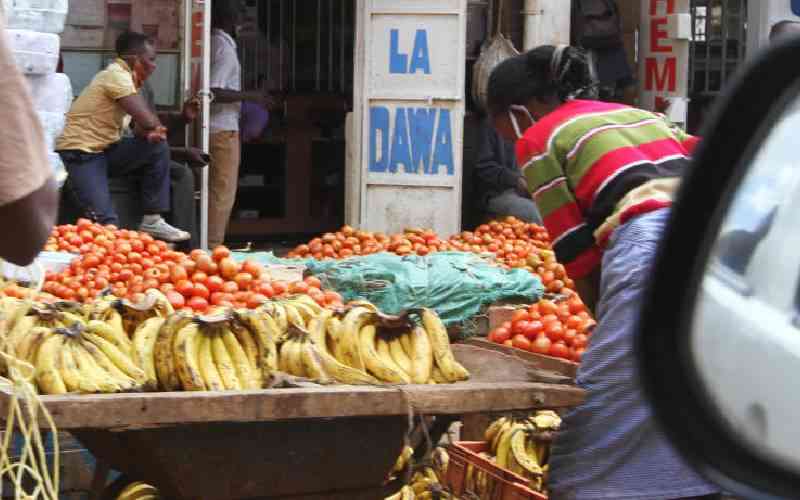×
The Standard e-Paper
Stay Informed, Even Offline

On Wednesday, the national statistics body released the 2023 Economic Survey report. This is the most significant annual economic data for any country.
It not only provides a nationwide outlook of the economy, but also disaggregates individual sector performance, tracks key macroeconomic variables and draws comparatives among the performance of the economy with global and regional trends.